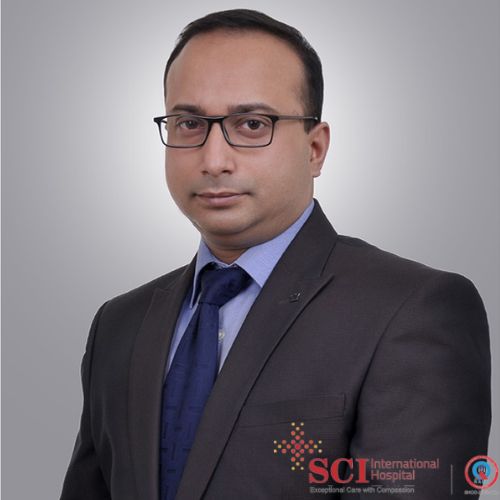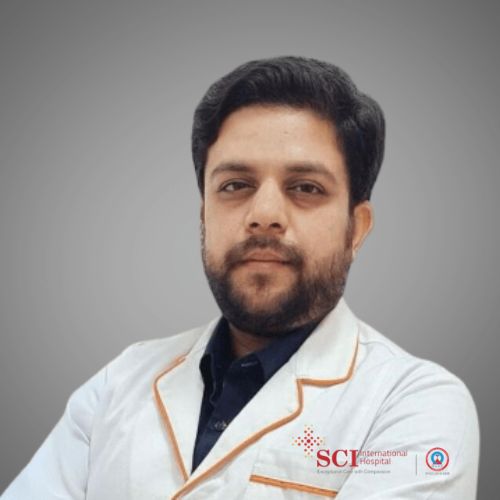Pilonidal sinus is a skin condition that causes a painful tract or cyst near the tailbone, often filled with hair and debris. If left untreated, it can lead to infections, swelling, and repeated discomfort. Treatment options range from simple home care to advanced surgical procedures. Choosing the right approach and following proper recovery steps can help you heal faster and reduce the risk of it coming back.
We Are Rated
Consult Now
A pilonidal sinus is a tract or tunnel in the skin that often leads to the formation of a cyst filled with hair, dirt, and debris. It is most commonly found in young adults and is more prevalent in men than women. If left untreated, it can lead to chronic infections and other complications.
A pilonidal sinus is a tract or tunnel in the skin that often leads to the formation of a cyst filled with hair, dirt, and debris. It is most commonly found in young adults and is more prevalent in men than women. If left untreated, it can lead to chronic infections and other complications.
Effective treatment of pilonidal sinus is crucial to alleviate symptoms, prevent complications, and improve the patient's overall well-being. Addressing the condition promptly can reduce the risk of chronic pain, infection, and recurrence, allowing individuals to resume their normal activities without discomfort.
Non-surgical treatments are often the first line of defence against pilonidal sinus, especially in mild cases
Minimally invasive procedures are gaining popularity due to their effectiveness and quicker recovery times.
Surgery is often necessary for severe or recurrent cases of pilonidal sinus.
You should take several steps for treatment of Pilonidal Sinus for which you may follow several steps which includes:
Before deciding on a treatment plan, consider asking your healthcare provider the following questions:

MBBS, DNB - General Surgery, General Surgeon,Laparoscopic Surgeon,Proctologist,Bariatric Surgeon

MBBS, MS - General Surgery, General Surgeon, Bariatric Surgeon, Laparoscopic Surgeon
Wound Care
While pilonidal sinus treatment is generally safe, there are potential risks and complications that patients should be aware of. Understanding these can help you make informed decisions and take preventive measures.
Common Risks
The cost of pilonidal sinus treatment can vary depending on the type of procedure, the healthcare provider, and the location. It's important to discuss the financial aspects with your healthcare provider and insurance company to understand what is covered and what out-of-pocket expenses you may incur
Pilonidal sinus is a manageable condition with the right treatment approach. By understanding the available treatment options and consulting with a specialist, individuals can make informed decisions to effectively manage their condition and improve their quality of life.
The best treatment depends on the severity of the condition and individual circumstances. Consulting with a specialist at SCI Hospital is crucial to determine the most suitable approach.
Recovery time varies depending on the type of surgery and individual healing rates, but it typically ranges from a few weeks to several months.
Yes, there is a possibility of recurrence, but proper post-treatment care can minimise this risk.
Recurrence rates vary based on the treatment method and individual factors. Discussing this with your healthcare provider can provide a clearer understanding.
Laser treatment can be effective in reducing hair and minimising infection risk, but it may not be suitable for all cases. SCI Hospital offers advanced laser treatment options.
Follow your doctor's instructions for wound care, maintain hygiene, and avoid activities that may strain the affected area
In some cases, non-surgical treatments may be effective, but surgery is often necessary for severe or recurrent cases.
Following post-treatment care instructions, maintaining hygiene, and attending follow-up appointments can promote faster healing.
Consult Now
